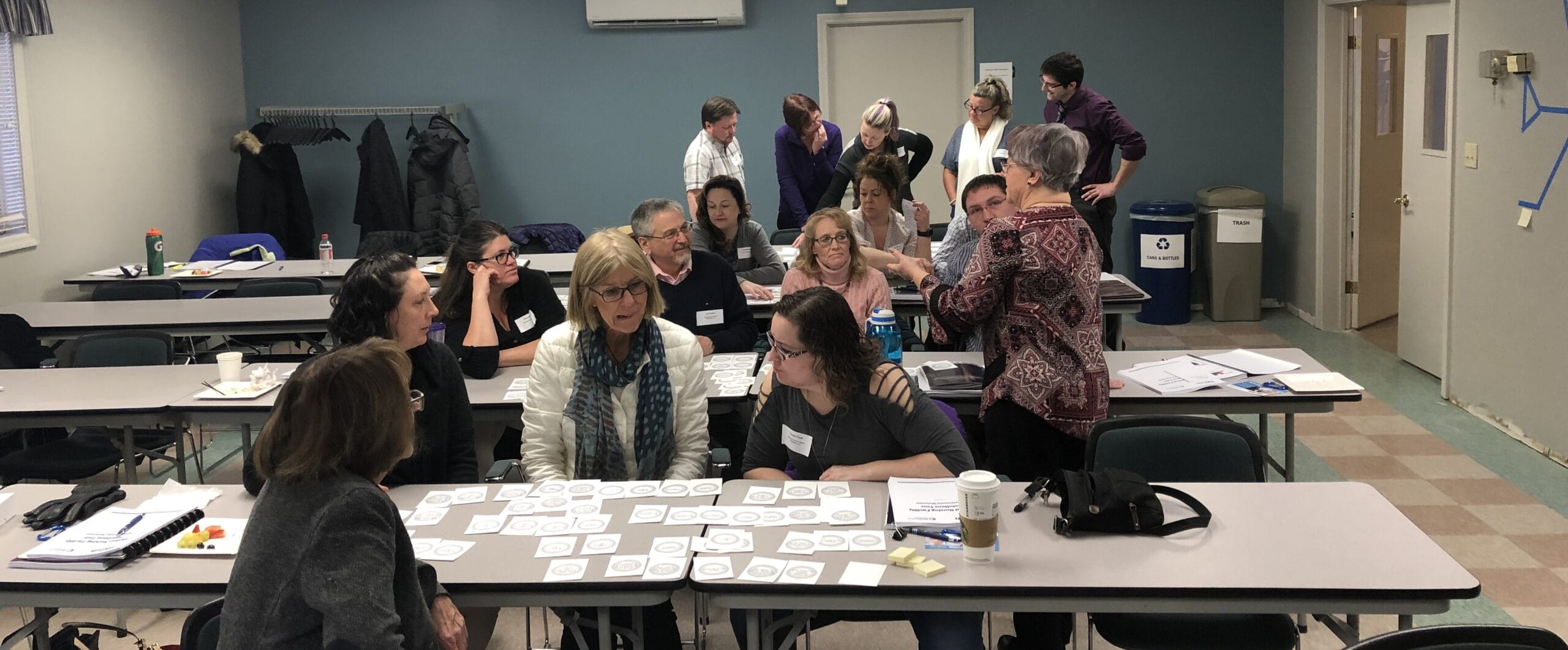This blog post is the second in a four-part series on the Skilled Nursing Facilities (SNF) Solutions Tour. Read the first part of this series on our blog.
In this second post, we talk about how the demographics of nursing homes have changed, and its implications for providing the best care to all the residents.
[su_note note_color=”#fdf8d7″ text_color=”#000000″]
Changing Demographics of Nursing Homes
[/su_note]
“When you think about nursing homes, you think about grandma” said Joshua Bernard.
 However, today’s nursing homes have a much higher proportion of residents with behavioral health issues, they are sometimes younger, and more male. As a result, many facilities’ staff are ill-equipped to work with this population. They have not been trained in techniques to de-escalate situations, or a range of other needs.
However, today’s nursing homes have a much higher proportion of residents with behavioral health issues, they are sometimes younger, and more male. As a result, many facilities’ staff are ill-equipped to work with this population. They have not been trained in techniques to de-escalate situations, or a range of other needs.
There is a “whole different mindset and training regimen that needs to be developed” Josh continued. Marguerite McLaughlin elaborates on this further, saying that “What Healthcentric has become well-known for is helping to move nursing homes from institutional to individualized care, and in doing so, there is an entire philosophy of care that begins to shift, there’s an entire training that begins to shift. What it is is moving folks out of 1956, and making nursing homes home to people.”
Nursing programs are still teaching institutionalized care. “Out there in the community, everyone slaps person-centered on everything as if anything were different. I’d like to think we’ve created something really different. Start with the person and work outwards. Instead of trying to fit the round peg in the square hole.” says Marguerite. Facilities also need to update their vision and mission statements to reflect this new population.
Facilities must undertake a dual shift, from institutional to patient-centered, and from a more traditional older adult population to a population with greater behavioral health needs. Negotiating these shifts can be challenging, which is why the QAPI process is so important.
Read more about the tools we offered on our tour and how to get in touch for help.


